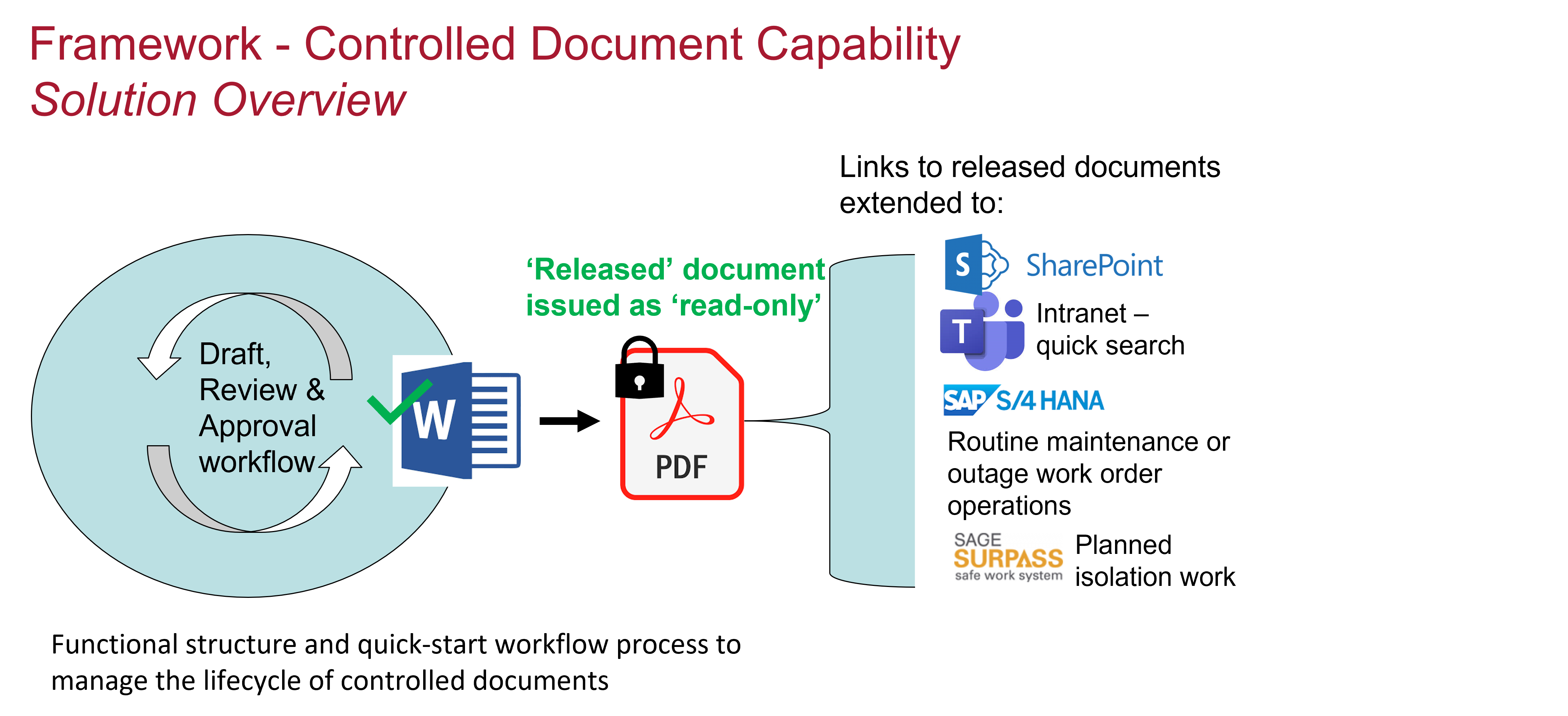Advisory Services
Leverage Astral’s wealth of experience to establish s strategic path for managing, governing and extracting value from your organisation’s data assets.
Astral is an Australian industry leader renowned for its exceptional business and technical knowledge. As a vendor-independent entity, we are well situated to deliver an unbiased evaluation of how best to meet your Enterprise Information Management (EIM) needs and achieve desired business objectives.
Independent assessment of your EIM processes to identify ways to derive greater business value
Astral leverages extensive EIM experience to provide independent assessments that:
- Provide a snapshot of the current state of the EIM processes across your organisation
- Assess EIM capability impact on staff productivity and business performance
- Identify ways to derive greater business value
- Assess relevant EIM compliance obligations (e.g. SOCI, APRA, and Commonwealth Government)
- Evaluate the current EIM maturity level using the latest industry models
- Provide an EIM risk assessment rating to ensure compliance obligations are met
- Present clear recommendations to address the identified areas that are aligned with your business priorities.
Combine your business knowledge and our EIM expertise to deliver result
Astral will help you set the strategic direction for the management of information that aligns with your business and IT strategies by:
- Assessing current information management practices
- Identifying the people, processes, and pragmatic changes necessary to achieve the desired outcomes
- Advising on standards and best practices specific to your industry
- Preparing an Implementation Roadmap that addresses your organisation’s culture, EIM maturity and experience, short-term business benefits, and long-term objectives
- Detailed EIM solution based on your specific needs with accurate estimates of software, infrastructure, and external and internal resource requirements
- Build a business case to garner internal support for the EIM Roadmap.
Driving enterprise information value through Information Governance
Information governance capability is becoming increasingly important as businesses rely on data and information to drive core services, operational processes, customer interactions, and supply chains. Companies are also subject to a broader range of compliance conditions, including sustainability goals and reporting requirements, which rely heavily on information governance capability.
Astral can enhance your enterprise information value through Information Governance by:
- Evaluating your organisation’s Information Governance maturity using industry best practice tools.
- Providing a highly tailored approach based on your current Information Governance maturity, nature of operations, business priorities and strategy, technology ecosystem, and regulatory requirements.
- Ensuring accountability for managing information assets and regulatory compliance.
Get it right the first time with a tried tested IG Framework
Get it right the first time with Astral’s tried and tested Information Governance Framework that:
- Connects your information, data, technology, customers, and staff.
- Designs your structures and systems to enhance labelling, navigation, and information discovery
- Develops rules and processes for managing your information assets
- Identifies key stakeholders
- Defines ultimate business outcomes
- Balances business drivers and stakeholder requirements
- Delivers business and compliance requirements
- Enables incremental implementation based on your organisation’s priorities and existing programs of work.
Building the Pathway for maximising the value of your Information
Astral’s industry expertise and knowledge in Information Architecture can build a pathway for maximising the value of your information by:
- Ensuring timely access to reliable and trusted information
- Improving efficiency by streamlining processes and connecting siloed information for greater shared collaboration that supports your specific business objectives
- Overcoming challenges with data structure and interoperability across data sets and systems by developing an enterprise-wide information taxonomy and metadata model
- Facilitating technological innovation and process improvement
- Streamlining compliance requirements.
Apply the enterprise controls to streamline the management & governance of information
Astral can help your organisation streamline information management and governance through enterprise controls. We understand the challenges of meeting compliance obligations in today’s data-driven world. To ensure your organisation remains compliant, we can work with you to define:
- EIM – including records management, policies and procedures
- A pragmatic retention and disposal schedule
- An implementation approach that aligns compliance obligations with your EIM systems capabilities and changes in business practices.
- Compliance with industry specific requirements (e.g. SOCI, APRA, and Commonwealth Government).
Information Governance Lead – Global Mining Services Organisation
Enterprise Controlled Document Framework
Controlled Documents are reference documents which, through the course of their lifecycle may be reviewed, modified, and distributed many times. Examples of controlled documents include: technical drawings, specification procedures, data-sheets, contracts, application forms and plans.
Business Challenges
From an enterprise perspective, organisations use controlled documents (such as Policies, Procedures and Work Instructions) to drive standard, authorised and consistent behaviours across the company. Organisations requiring ISO 9000 certification and managing Quality Management Systems have a requirement to maintain documented information to the extent necessary to support the operation of processes and retain documented information to the extent necessary to have confidence that all processes are being carried out as planned.
Business Solution
The purpose of the Controlled Documents quick start framework is to enable and manage the lifecycle of controlled documents within all areas of the business. The solution provides a functional structure and quick-start workflow process to manage the lifecycle of controlled documents.
The framework design (product agnostic) provides the following:
- Folder structure driven by core business functions
- Simple controlled document framework (document types, review periods, approval history)
- Approval workflow
- Identified custom control types to facilitate extension of framework
Business Benefits
- Easy to use including, automated document classification, consistent process and tools for business and a standard set of document types
- Easy to link to latest released version to support key activities in the asset management lifecycle
- Framework enables adoption across all areas of the business, and provides extensions to meet unique IM / safety requirements
- Different areas of the organisation can adopt framework at different stages

